Club World Cup has glitter but offers little gold to football fans
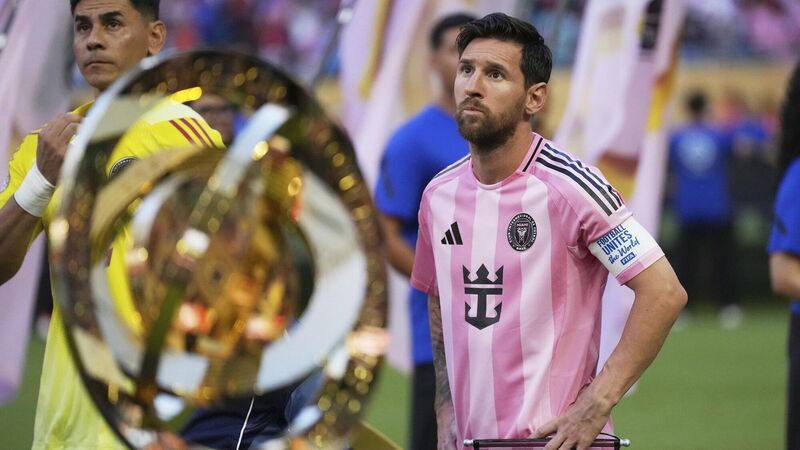
Inter Miami's Lionel Messi, right, and goalkeeper Oscar Ustari stand next to the trophy prior to the Club World Cup group A soccer match between Al Ahly and Inter Miami in Miami, Fla. Picture: AP Photo/Rebecca Blackwell
The months of June and July are a bit of a barren period for competitive football, especially in years without a European Championship or World Cup.
So fans tend to look for any sort of distraction related to football, which usually takes the shape of transfer deals and more likely rumours. But after an early flurry of deals, mostly involving Liverpool buying and selling everyone, this year’s market was put on hiatus due to the Fifa Club World Cup Championships taking place in the USA. Which one would have imagined would have grabbed all the attention of action-starved football fans. But it hasn’t been the case, with many not even knowing the €100m-for-the-winner tournament was even on.
Apart from being a trial run for the real World Cup taking place in many of the same venues next summer, it’s hard to see any advantage for this tournament at this time of year. It’s even hard to see how it makes money, which is the real reason behind these type tournaments in the first place.
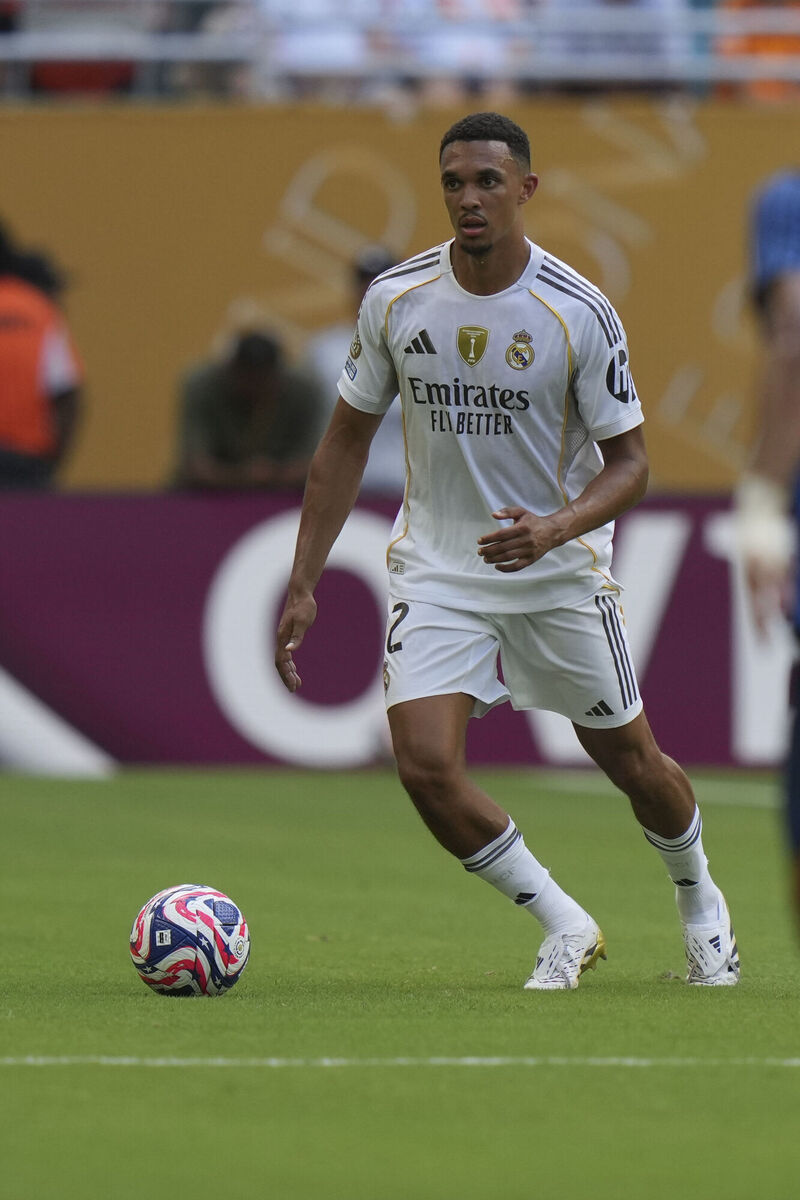
Firstly, one needs an app to watch these matches in this part of the world, which makes it’s not very attractive to the casual soccer fan to tune in. The tournament also has the disadvantage of being played in time zones when most of us are in the land of nod. Staying up after midnight to watch Spain versus Brazil in next summer's finals would be considered time well spent for most football fans. Staying up after midnight to watch the giants of the South African Premiership, Mamelodi Sundowns FC, humble carmakers Ulsan Hyundai of the Korean League 1-0 is unlikely to persuade you to lose your full quota of eight hours of sleep. Maybe the direct opposite.
Then there is the issue of the teams involved in this tournament. Sure, there are several big names like Real Madrid, Bayern Munich, Borussia Dortmund, Juventus, Man City, Chelsea, River Plate, and Flamengo. It is however, notably minus the current champions of England, Spain, Italy, and Portugal. And only have the current German and French champions as they are nearly always Bayern and PSG. The strange algorithm they used for qualifying was based on results from two seasons ago, which kind of plays against the idea of promoting a new tournament when it doesn’t have four of the current champions from the top six European leagues.
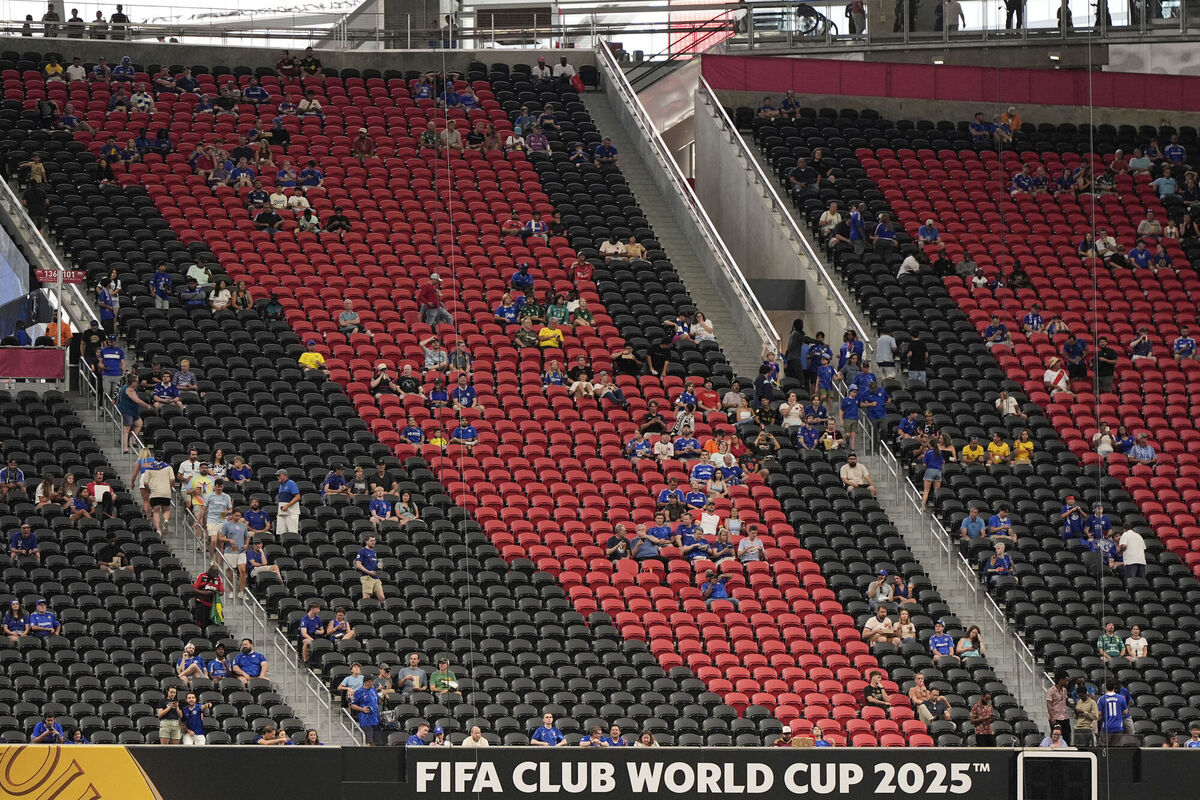
Despite that, one would think there is enough quality to grab the attention of local fans. But this hasn’t been the case in many cities. Chelsea’s 2-0 win over Los Angeles FC in the Mercedes-Benz Stadium in Atlanta only attracted 22,000 Georgians to the 75,000-capacity arena. With most locals not even aware the game was being played.
Now the South American teams are extremely interested in this tournament and use world titles as a slide-rule to compare their value against the best and probably most arrogant sides of Europe. Most people perceive that the Champions League has the best standard in world football. As the South Americans can’t compete in that, they use the Club World Cup as a way to show their own quality and maybe shutdown some of hyperbole surrounding their European counterparts. Nevertheless, apart from Lionel Messi’s Inter Miami CF and some of the European sides, the interest and attendance has been average among the American audiences.
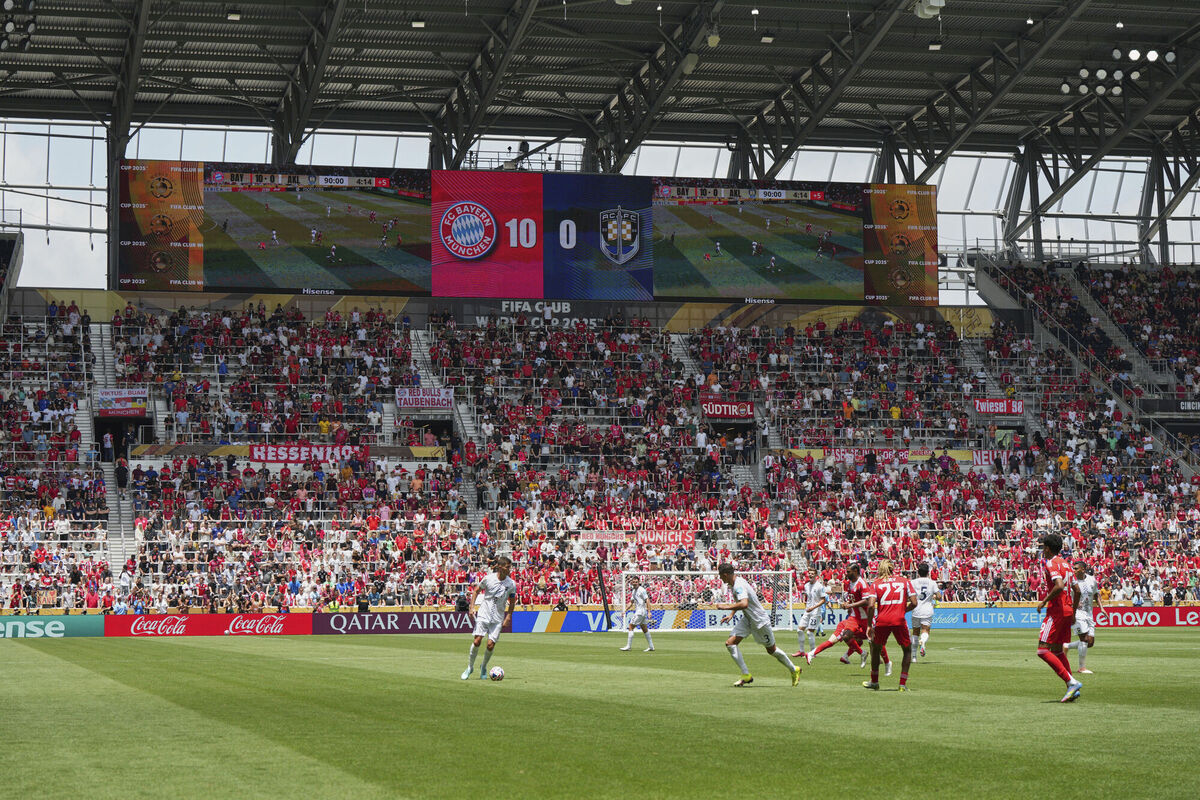
Maybe the biggest question of all from the first few days of this tournament is how did Harry Kane not make the scoresheet in a match that saw Bayern Munich beat a bunch of part-timers from Auckland 10-0?
Of more interest to football fans around here this week was the announcement of the Premier League fixtures for 2025-2026 season on Wednesday.
The Opta stats group have calculated that Man United have the hardest start to the new campaign with Arsenal as their opener, with City and Chelsea among their first five games. Ruben Amorin probably needed an easier start to the season than anyone. But like his Old Trafford career so far, no luck there.
Champions Liverpool play the first match of the season on Friday evening August 15 at Anfield, against Bournemouth, which may be tricky enough, but then also face a tough run of Newcastle, Arsenal, and Everton in their first five games. Arguably as tough as United’s start. Funnily enough Liverpool will be welcoming back Caoimhin Kelleher to Anfield on the last day of the season for the final fixture against Brentford. Will the Reds be looking for a favour off their former star keeper on the last day?
Arsenal, in my opinion, may have the toughest start. The 2024-25 runners up’ opener, as we’ve seen, is against United. Followed by a Leeds side returning to the Premier League eager to make their mark, followed by that match away to Liverpool, then Nottingham Forest and Man City both at home.
Some of the disparaging remarks on staging a summer Club World Cup was the effect it would have on sides returning to their league without sufficient rest compared to the other clubs. Well Opta have determined that City’s and Chelsea’s start come in mid to lower level in the difficulty stakes, a coincidence that will please them no end, I’m sure.


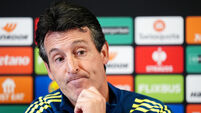
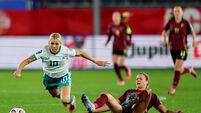






 App?
App?







